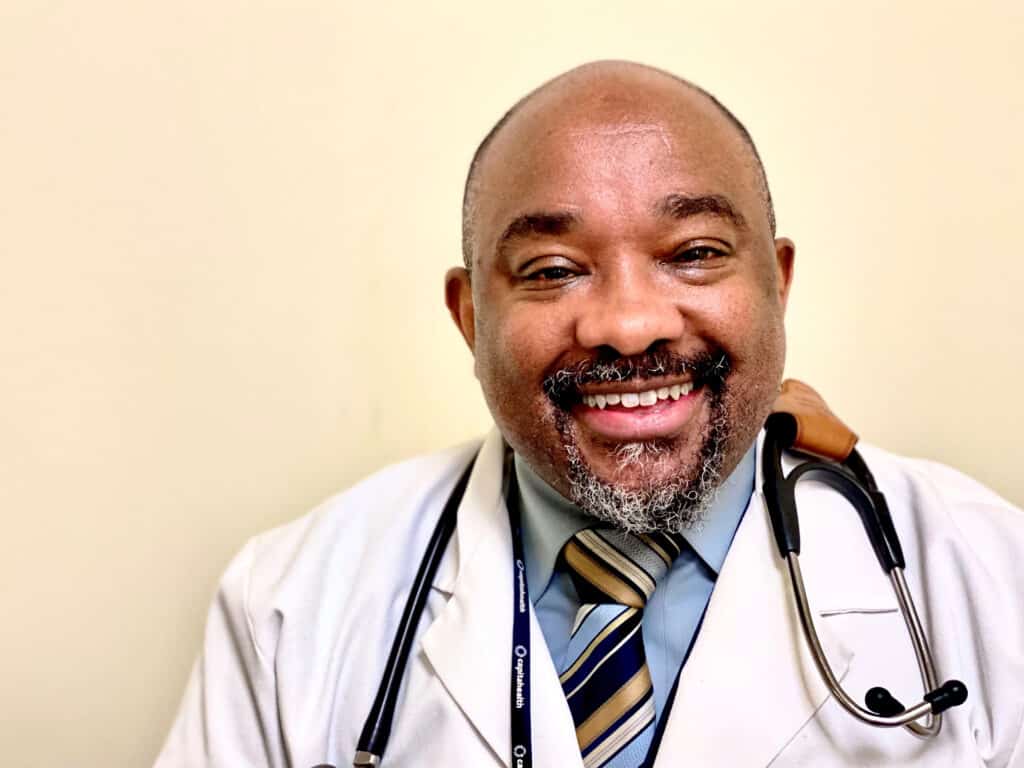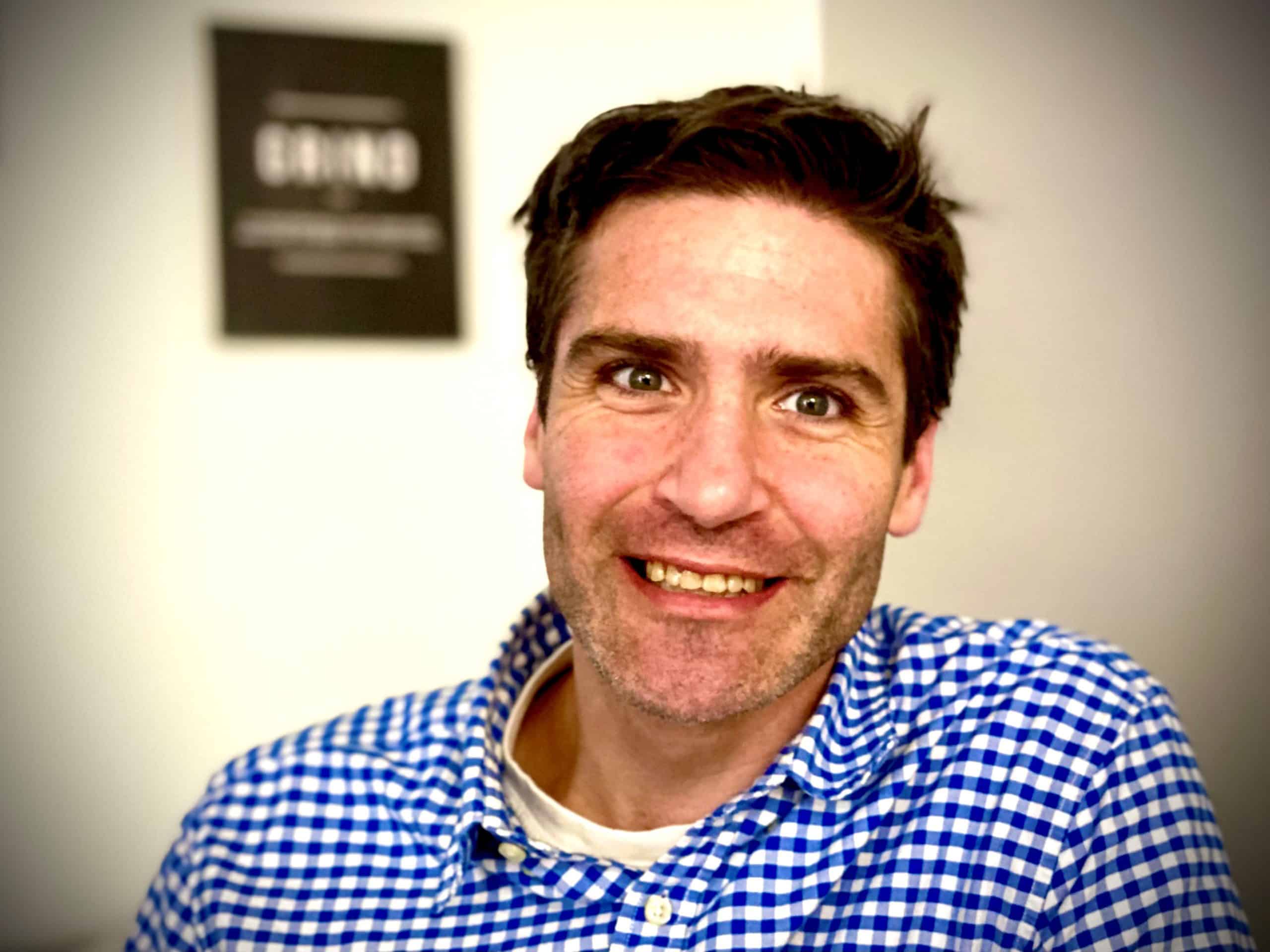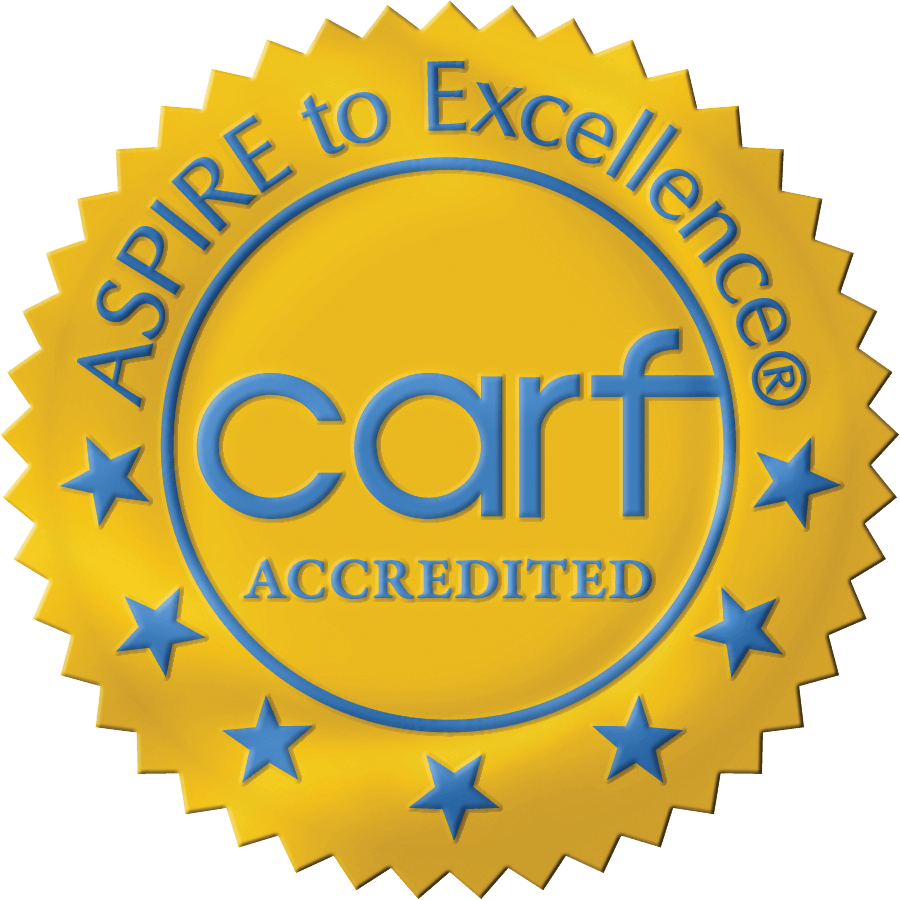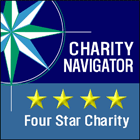
Dr. Eric Williams, The Mission’s Medical Director, spoke to the class at The New Direction Program about how substance abuse causes an imbalance in our brains, and the deleterious effects that can have on our bodies.
In rapt attention, the individuals in the class listened, absorbed the information Dr. Williams shared, and asked very insightful questions about their personal experiences, fears and hopes.
“Drugs and alcohol appeal to our Primal Brain,” he told the class. “That’s our brain’s Reward System, which motivates us to seek pleasure.”
In drug addiction, he explained, our reward circuit is over-activated, then becomes impaired because an intolerance to the drugs or alcohol is created. “So we need more of those drugs or alcohol to have the same effect. And compulsively seeking that feeling takes over our lives.”
“That’s when our prefrontal cortex also becomes impaired,” he said. “That’s the part of our brain where reasoning, problem solving, comprehension, and impulse-control occur. And that all goes haywire.”
Meanwhile, he said, substance abuse is also affecting the receptors in our brain that sense reward and tell us that we’ve had enough. “So, enough is never enough,” he said. “Our brains become tolerant of the drugs or alcohol, and then larger doses are needed by the body to produce the same affects. Then, all we care about is trying to have that feeling again. Then again. Then again.”
“That is how substance abuse creates an imbalance and we lose control of our lives” Dr. Williams explained.
Heads were nodding in recognition among the members of the class, as Dr. Williams described what was going on in the stages of their addiction.
Dr. Williams said, “In our recovery, what medication assisted treatment does is to tamp down those craving and help to recreate that balance that we need in our brains, so that we can become more receptive to counseling – and we can open up to the possibility of recovery.”
“When the crack epidemic surged, the neighborhood I grew up in was destroyed, and 85% of my relatives had taken to the streets – or were no longer around. So, I have a vengeance against drugs.”
One member of the class shared how he had become “a phantom of himself” before entering treatment at The Mission, where he was prescribed Suboxone and was receiving individual and group counseling. Another individual shared how he had been in other programs before and done well, then he relapsed as he went off the medication. Another shared how he was concerned about getting addicted to the medication he was being prescribed to help him recover.
Dr. Williams answered each of those individual questions with compassionate advice.
“The very fact that you are asking these questions shows that you are progressing beautifully in your recovery. It shows that you care about yourself. That you are on the road to getting better.”
He recommended not thinking of medication assisted treatment as “just taking another drug.” Instead, he advised, think of it as treating your condition. “As a doctor,” he said, “I know that if a patient had a stroke or a heart attack, that low doses of aspirin could help prevent another occurrence. So, of course, I would recommend a low dose of aspirin for that patient.” He added, “In the same way, we recommend medications such as Suboxone to help treat your addiction.”
To the individual who spoke about relapsing, Dr. Williams said it will be very important in your recovery to stay in touch and have regular appointments with your doctor after you leave this program. Depending upon the particular drugs or alcohol you are recovering from, he said, “Your doctor might want to readjust your medication after six or nine months. Then again some time afterwards. It is all a matter of treating you individually as a patient who is in recovery from a disease.”
When asked why he spent so much time helping people in recovery, Dr. Williams said, “I grew up in Newark in a working class neighborhood. Family and friends were all around. There was a sense of belonging. And caring for each other. We weren’t rich, but we didn’t want for anything. Then in the 80’s, when the crack epidemic surged, everything changed. And by the end of it, the neighborhood I grew up in was destroyed, and 85% of my relatives had taken to the streets – or were no longer around.” He paused, then said, “So, I have a vengeance against drugs.”
As the members of the class thanked him profusely, Dr. Williams clapped his hands, smiled, then pointed to each of them individually, and said, “I applaud each and every one of you – because you’ve accepted the challenge of recovery.”



